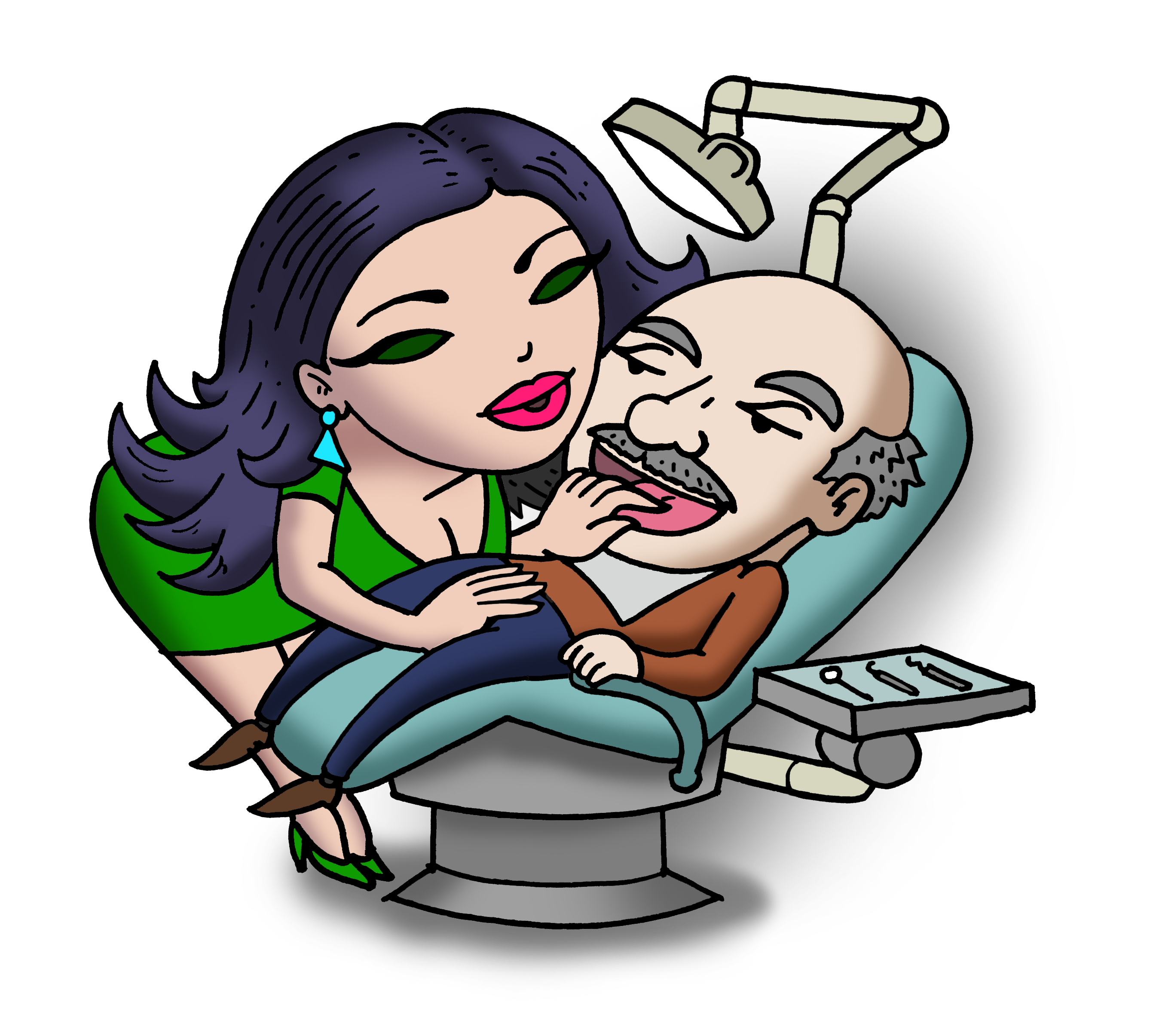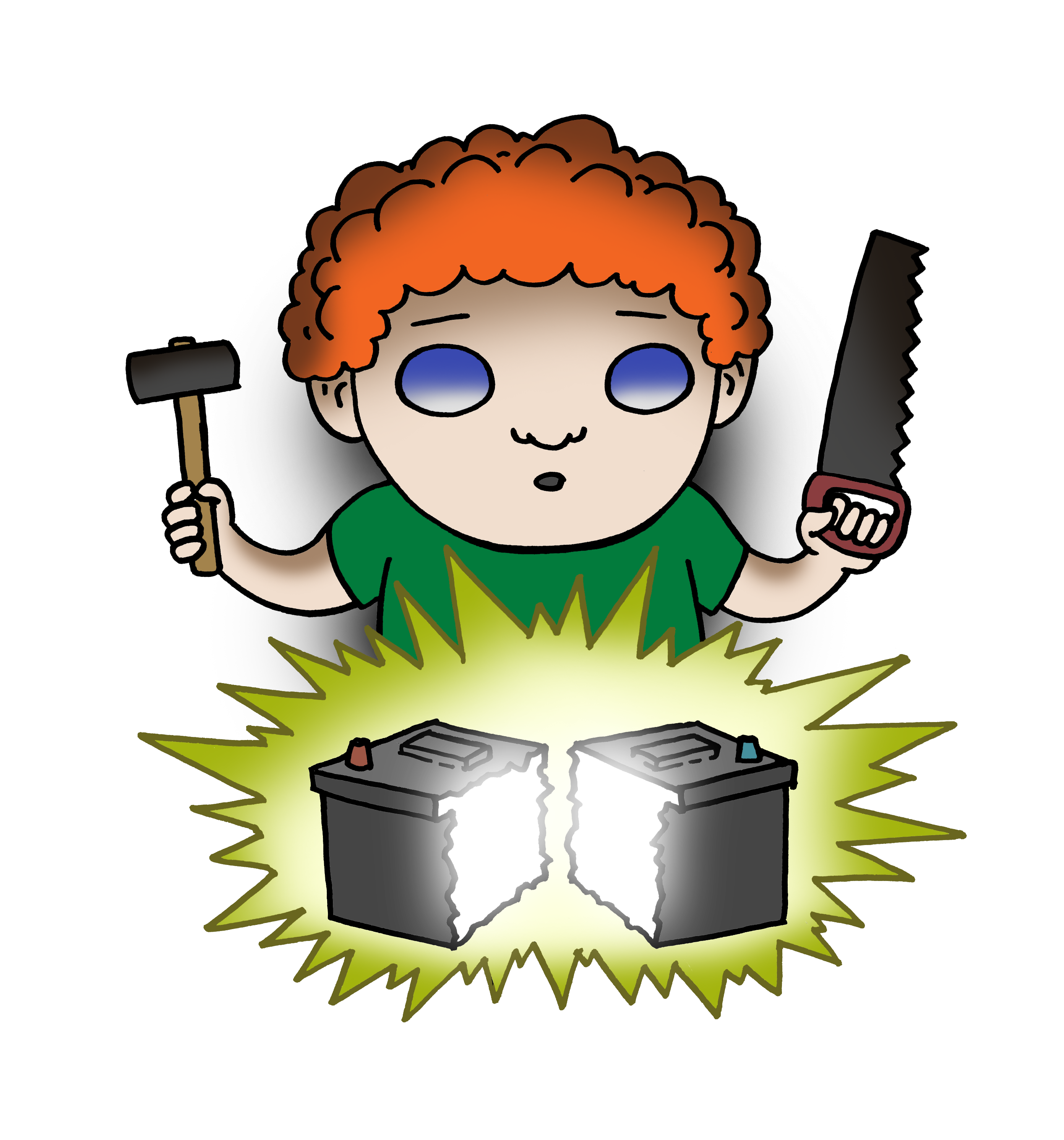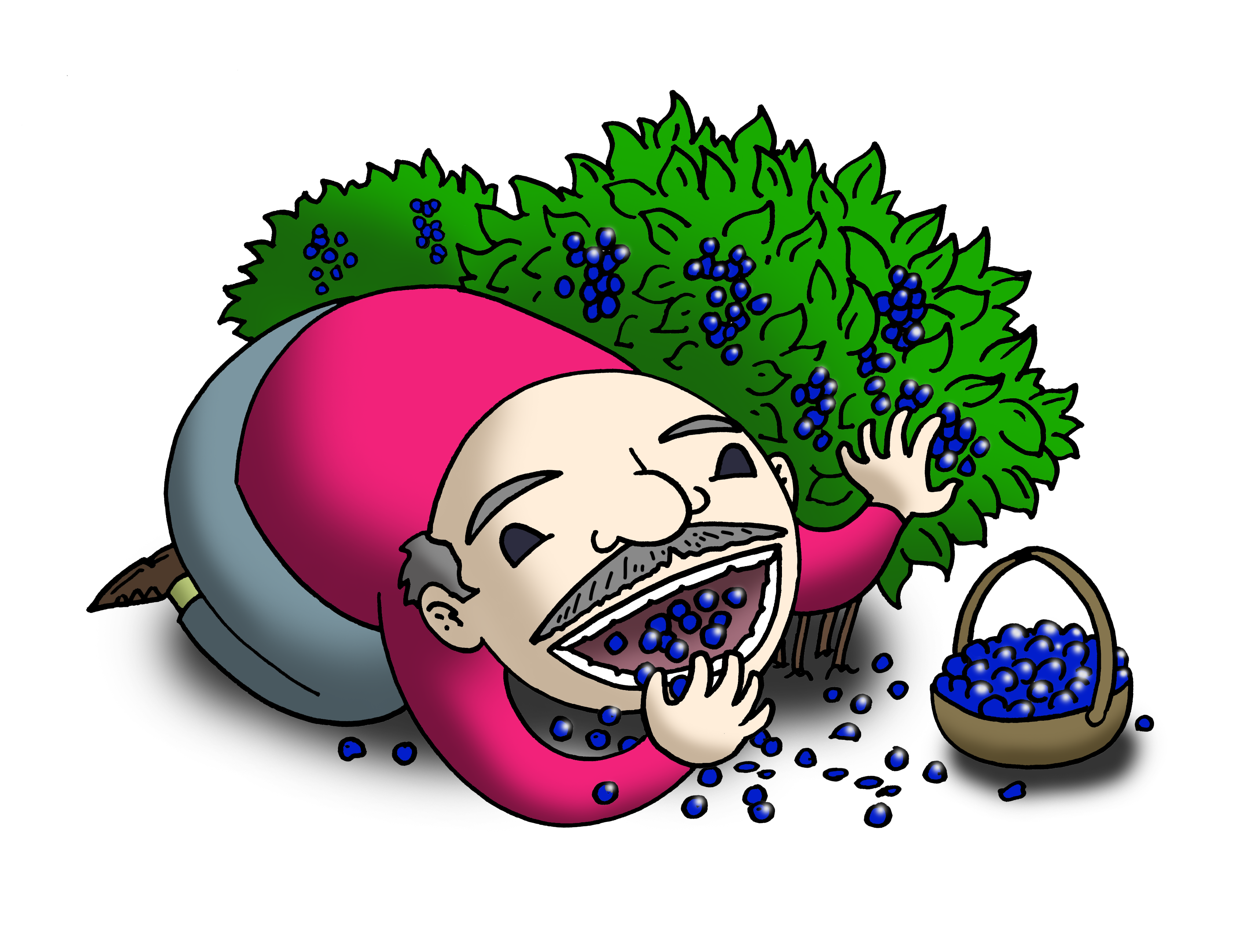
Autobiographical Sketch
I live in a world of imaginary paintings. They have taken the place of my imaginary friends. My imaginary friends were a treacherous and surly lot. There was no honour among thieves.
The Imperial court of Czar Nicholas was much kinder and gentler. His son, the Tsarevich, suffered terribly from necrophilia… no, not necrophilia, hemophilia. As I get older, I sometimes have trouble keeping all the afflictions straight. There are so many of them — a nearly infinite set. Think of this: with or without hemophilia, Alexis would have had the same response to a bullet in the brain fired by the red revolutionaries.
I am sorry. I have lived too long with imaginary friends, with imaginary paintings. My father told me I was a bum and would always be a bum. That was at a critical stage of my development. Thus, I flirted with becoming a Jesus freak, but didn’t give in. Bob Dylan gave in. He painted his face like Batman’s Joker and declared: You’ve gotta serve somebody. Bullshit. The only person you’ve got to serve is yourself at the ALL-YOU-CAN-EAT buffet. Also, your legless wife — she can’t serve herself. She was a hero in the Iraq War — she had her legs blown off. That’s how you can tell she’s bona fide.
Every day I live in a home, I have beaten my father. If I were homeless, he would have won. I have imaginary Picassos on my walls, imaginary van Goghs, imaginary Rembrandts and Matisses, and all of my paintings are better than the real paintings by the same artists. I have a collection worth billions of imaginary dollars. How much am I worth? My worth is an illusion. This is true of all of us.
I gave my one-year-old granddaughter a birthday present — My First Buddha. She points at it on the shelf on which it lives. I take it out of the box and set it on the couch where she can reach it. She knocks it down like a bowling pin. I set it aright. She knocks it down. We do this dozens of times. I have huge patience for the joyful shenanigans of babies. She keeps my serotonin level high. I thank her. She will never be a Jesus freak.
Battery Power
1.
When my grandmother died, I was nine. She was more than my father’s mother; she was my life raft, and I wondered if I could make it without her. I wondered not in words, but in my body.
To go to the funeral, my mother put on a dress that accentuated her plush 1950s figure and my father put on a dark business suit. They were leaving me home alone. My father was below average height, but towered above me as he bent to kiss me goodbye. His lips came out of a cloud of Old Spice.
It was a grey and windy day, ordered for the occasion. I watched the Impala pull away through the den window, and wondered why my grandmother had to die. Even at nine, I had a religious and philosophical bent, but no way to express it. I had yet to discover nature. I had yet to discover poetry.
My father liked to talk to me about stocks and bonds. He thought that if he encouraged me, I would become financially precocious and knowledgeable enough to become rich before I reached my late twenties. From where he got this strange idea, that I was capable of this, I don’t know. All I wanted to accumulate was understanding, like Buddha to understand my suffering and the suffering of the world.
The suffering of the world was clear to me, the way my father presumed the secrets of trading of stocks and bonds would become clear to me. I perceived the suffering of the world, not in words, but in my body.
After my parents left for the funeral, I sat around for a while, then got the idea to cut open a battery, one of the big square ones my father kept in the garage, the ones we’d need when the Russians unleashed World War Three. My idea came not from scientific impulses, but religious ones. I wanted to see the power that was held inside a battery. I had the idea that I could eat the power and, as in my comic books, become a superhero, though I was troubled by the fact that I would be required to keep archvillains in line. That worry accompanied me out into the cold garage to get one of those batteries and some tools, tools to unlock the secrets of the universe. I didn’t see myself as someone who could dominate villains, but figured that once I had the power that hid within batteries, I would find a way.
I wasn’t good with tools. I sawed and pried. My father had never taken the time to train me. He was too busy training me to be a wunderkind investor, but I was persistent and sawed and pried some more until I had opened the battery’s case. I was crushed when all I found was black powder, nothing that looked like power at all, nothing that looked like answers.
A careless child, I tracked this black powder all through the white house, on the white carpets that I always believed were once the furs of little white French poodles. Even as I grew into adolescence, I would not let go of that belief, even as I grew into adolescence and put the final nails into my father’s boy-investor fantasies with alcohol, drugs, and delinquency.
My parents finally came home from the funeral. My grief-stricken father came home. They saw the black footprints tracked throughout the house. They saw the mutilated battery I’d left in the den. Rage from grief, from the stupidity of life, from onerous obligation, ignited in my father.
2.
I’m tired of my dentist threatening me with the dire consequences of not getting treatment for periodontal disease and acid erosion. My dentist and I have a special relationship, because during my first appointment with her, while I was under the influence of nitrous oxide, she “sexually assaulted” me, which I found quite pleasant and far preferable to other treatments she might have visited on me instead. Still, though she violated her professional ethics, she retains professional concerns, and it is true: my mouth is a mess.
After my angry father left, I was raised by a single mother who suffered from paranoid beliefs, which she passed on to me, one of which was that dentists purposely sabotage your teeth, mostly by scraping them to create cavities, to promote business for themselves. Some of my mother’s delusions I recognized as crazy, but this one made perfect sense. Therefore, I did not visit a dentist until I was in my late twenties and suffered a terrible toothache.
My dentist, who is in her forties and whom I call Dr. Humberta Humberta (to her chagrin), fixed my ailing tooth and, as I already said, provided some additional therapy for free. Her illicit treatments continue (though they have moved to her bedroom in a luxury condominium), so I humour her dental fears for me. She’s a good dentist, though I can already see that as time goes on, she’s going to become more and more insecure about the difference in our ages and, if she’s not careful, is going to become a royal pain in the ass about it and it will destroy our relationship.
I will have to be more and more attentive to her to alleviate her fears, to let her know that I still find her incredibly sexy, with or without nitrous oxide.

3.
Everyone’s down on narcissism these days (especially my dentist, my lover, who accuses me of being narcissistic). They think it’s equivalent to egotism, but it’s not. Egotism is a surfeit of vanity, while narcissism is a life sentence. One is convicted to always have one’s most significant relationship be with oneself. It’s a difficult life, yet it has the benefit of insulating one from the loathsome concerns of others (including those of my dentist, my lover). It also makes one less vulnerable to the mass hypnosis of modern consumer culture because, when you’re a narcissist, you implicitly understand that possessions don’t matter. Only your personal drama matters, and your personal drama is like life itself: it arrives naked and departs the same way.
4.
Oblivion follows death and precedes life, parentheses like no other, two heavily gaseous eternities. We cram life into a tube, like stuffing a sausage, an intense and fatty interlude.
Life is so short and, for soldiers killed in combat, even shorter. The shitty first draft is all they get, no chance to revise or build the narrative, add complication, anger, joy.
A Moldovan woman lifts the tongue of a wagon, but there is no horse. Where is the horse? She is too exhausted to solve problems. She lifts the tongue of the wagon and desperately hopes that God will send a horse. She stands holding it through the winter. Moldova was warmer than Moscow when her great-grandfather deserted Napoleon’s army and staggered south.
She has not seen her husband for a spell. She has forgotten what he looks like. Has he taken the horse? Where has it taken him? Her children are dead or unborn. She is alone.
5.
Rainer Maria Rilke prayed: Oh Lord, give each of us his own death.
God sneered. You humans have whined for so much in life. I’ve created a hundred thousand deaths, and that’s still not enough for you? You want more deaths than flavours of ice cream. Do you want a stracciatella death, or one with pistachios, with chunks of fudge? I’ll give you all a Rocky Road death. I’ll diminish the choices to that, even for the 1% who hogged off in life. I’ll give them a plenitude of pain and suffering. What did you want, Rainer? I’ve forgotten now.

Blueberry Psychosis
Insomnia has me eating red grapes at 2 am. They are delicious, though their skins are too thick, chewy as chicken parts. They’ve been grown by African-American vineyard keepers, whose great-grandparents and parents and they themselves, and their children, have absorbed so many insults that they have grown thick skins. Their thick skins have transferred to the fruit they grow. They get less money for this fruit, another insult. The skin continues to thicken. One day, their grapes’ skins will be tough as rubber, and inedible. Then they will have to find another line of work. They will get pennies on the dollar for their farmland.
2.
Insomnia has left me with dark rings under my eyes, and a raw stomach from eating too many thick-skinned grapes. I try to be thick-skinned myself, but I can’t pull it off. My pain is too penetrating.
Like WD-40, it opens everything up. I arrive at the hospital just in time for the birth.
The nurse appears, holding the swaddled newborn, but the mother — my daughter-in-law — keeps the nurse and her new daughter waiting as she Facebooks on her iPhone. My son is not here. I don’t know where he is. I don’t ask. He may be auditioning for an episode of The Jerry Springer Show. He may be in training to be “background,” in a TV show, what they used to call being an “extra.” I reach into my pocket and pull out a couple of Tums, which I toss into my mouth. I feel pocket lint on my tongue and against my palate. I am ambivalent about being a grandfather, as I was ambivalent about being a father, as I was ambivalent about getting married, and about dating, and about heterosexuality, and homosexuality.
My daughter-in-law’s shoulders smolder, but never ignite, unlike chaparral in the Los Angeles foothills. It is one of the things that my son most loves about her. He told me this after I’d served him five gin-and-tonics, one hot afternoon on my back porch. He wouldn’t tell me why.
Her shoulders smolder. Her energy is always potential, never kinetic. I wonder what kind of mother that will make her. A layer of ash hides under her tan flesh.
3.
I go outside, to Lake Michigan, where I always went to figure things out, though I never figured anything out. The colour of Michigan is blue. Blue water surrounds me. I’m drowning in blueberries. I’m in the berry patch, picking. The owner says: eat as much as you like. He doesn’t know me. He doesn’t know that my brain is faulty, that it lacks certain essential control devices. I go for the low-hanging fruit. I learned this trick from a friend, who is a scholar of medieval studies, and lazy about fruit picking, which his wife finds mildly contemptible. She is a Midwesterner who grew up on a farm, and thinks that it is a moral imperative to clean out the high fruit before moving on to the low.
I fill my basket, and myself. For every berry I put in my basket, I eat two or three. Every molecule in me is blue. I fill with blue like a toilet tank. Blueberry psychosis has found me again. Blueberry psychosis is rare, but is the most dangerous kind of all the psychoses, much worse than schizophrenia or schizoaffective disorder.
4.
I wake. Nurses surround me, slap me, command me to breathe. I hear one of the nurses comment that this is the worst case of blueberry psychosis she has ever seen. Other nurses murmur assent. Before I realize anything else, I understand that this is the ultimate payoff of nursing school, the opportunity to bitch-slap a patient who has had the temerity to die, if only temporarily, from a heart attack or blueberry psychosis. They compete to see who can slap me hardest.
All this slapping is old-time medicine, the Moe-Larry-Curly of resuscitation, no million-dollar machines required. There are no million dollar machines in this old-timey Michigan hospital, whose walls are lined with Daguerreotypes of doctors who wear handlebar mustaches.
I come back to life, but without having gone down the glorified tunnel in which cherished ancestors, who love you more than the sun, take you toward the light that reflects your light, the god in you. I feel cheated. I blame all these slap-happy nurses.
I pull my Lugar from under the sheet and growl: The next person who slaps me…
Every single nurse takes off running, a couple of them giggling.
Work by Mitchell Krockmalnik Grabois appears in magazines worldwide. He is the author of a novel, Two-Headed Dog, and a poetry collection, The Arrest of Mr. Kissy Face.
